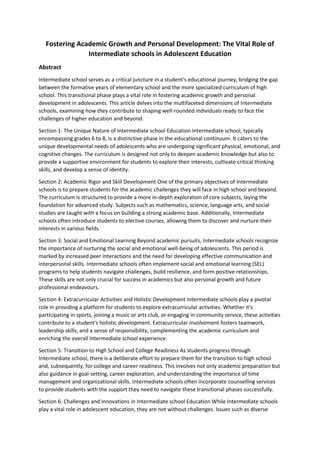The sophomore year of college, also known as the “Sophomore Slump,” poses transformative challenges and remarkable opportunities for students. It’s a time when students transition from the novelty of freshman year to the expectations and complexities of upper-level coursework, while simultaneously grappling with personal growth and identity formation.

The Sophomore Slump: A Myth or Reality?
Research from the National Center for Education Statistics reveals that sophomore year is indeed a challenging period academically. Grade point averages tend to dip slightly as students encounter more rigorous coursework and adjust to the increased demands of college life. However, this slump is often transient and does not necessarily foreshadow a downward trajectory in academic performance.
Navigating the Sophomore Year Challenges
While the sophomore year brings its fair share of challenges, there are numerous strategies students can employ to overcome them successfully:
Effective Strategies:
- Set Realistic Expectations: Recognize that academic expectations will increase, and adjust study habits accordingly.
- Build a Support Network: Seek support from professors, classmates, and academic advisors to navigate academic and personal challenges.
- Explore Different Courses and Majors: This year offers a chance to explore various fields of study to determine potential career paths.
- Get Involved: Join clubs, sports teams, or volunteer organizations to connect with peers and develop new skills.
Common Mistakes to Avoid:
- Procrastination: Avoid putting off assignments, as the workload can be overwhelming.
- Comparing Yourself to Others: Everyone’s path is different; focus on your own progress and accomplishments.
- Ignoring Personal Well-being: Prioritize mental and physical health to maintain optimal academic performance.
- Burning Out: Take breaks and engage in activities that recharge both physically and mentally.
Step-by-Step Approach to Success
Follow these steps to maximize your sophomore year experience:
- Assess Your Progress: Evaluate your academic and personal goals from freshman year and adjust as needed.
- Select Courses Strategically: Choose courses that challenge you while aligning with your interests and career aspirations.
- Establish a Strong Study Routine: Create a dedicated study space and allocate specific time slots for studying.
- Seek Support When Needed: Reach out to professors, teaching assistants, or academic advisors for assistance with challenging material.
- Engage in Extracurricular Activities: Balance academics with activities that enhance your social, leadership, and communication skills.
- Reflect and Plan for the Future: Take time to reflect on your progress and set goals for the remaining years of college.
Tables for Academic Success
| Key Characteristics of Sophomore Year | Effective Strategies | Common Mistakes to Avoid |
|---|---|---|
| Increased Academic Expectations | Set Realistic Expectations | Procrastination |
| Exploration of Different Courses | Explore Different Courses and Majors | Comparing Yourself to Others |
| Development of Personal Identity | Get Involved | Ignoring Personal Well-being |
| Transition to Upper-Level Coursework | Build a Support Network | Burning Out |
| Study Tips for Sophomore Year | Academic Support Resources | Personal Well-being Strategies |
|---|---|---|
| Break Down Assignments | Academic Advisors | Prioritize Sleep |
| Utilize Office Hours | Teaching Assistants | Exercise Regularly |
| Create Study Groups | Professors | Maintain a Healthy Diet |
| Practice Active Recall | Tutors | Engage in Mindful Activities |
| Planning for the Future | Resources for Career Exploration | Activities to Enhance Skills |
|---|---|---|
| Set Goals for Remaining Years | Career Counseling Office | Join Clubs and Sports Teams |
| Explore Different Career Paths | Internship Programs | Volunteer Opportunities |
| Network with Professionals | Mentorship Programs | Attend Workshops and Seminars |
| Prepare for Graduate School | Graduate School Fairs | Develop Leadership Skills |
Embracing the Transformative Power of Sophomore Year
While the sophomore year can present challenges, it also offers unparalleled opportunities for personal growth and academic exploration. By embracing effective strategies, avoiding common mistakes, and following a structured approach, students can unlock the full potential of this pivotal period in their college journey.
As American philosopher Ralph Waldo Emerson once said, “Do not go where the path may lead, go instead where there is no path and leave a trail.” The sophomore year is a time to create your own path, discover new passions, and shape the trajectory of your future. Embrace the challenges and seize the opportunities that this transformative year has to offer.
